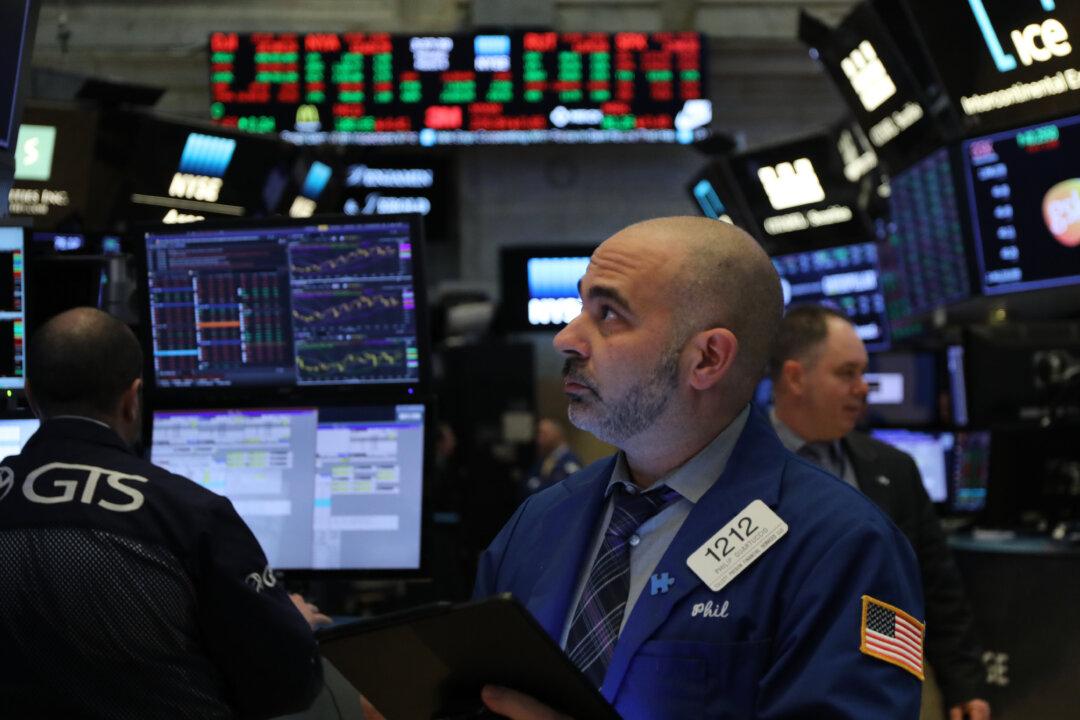The Dow Jones Industrial Average and S&P 500 futures were in the red during early trading on June 22 ahead of Federal Reserve Chairman Jerome Powell’s congressional testimony.
Dow Jones Industrial Average futures were trading at 30,167 as of 8:06 a.m. Eastern time on June 22, down over 300 points after opening at 30,495. Meanwhile, the S&P 500 was trading at 3,717, down about 47 points from its opening of 3,764.





